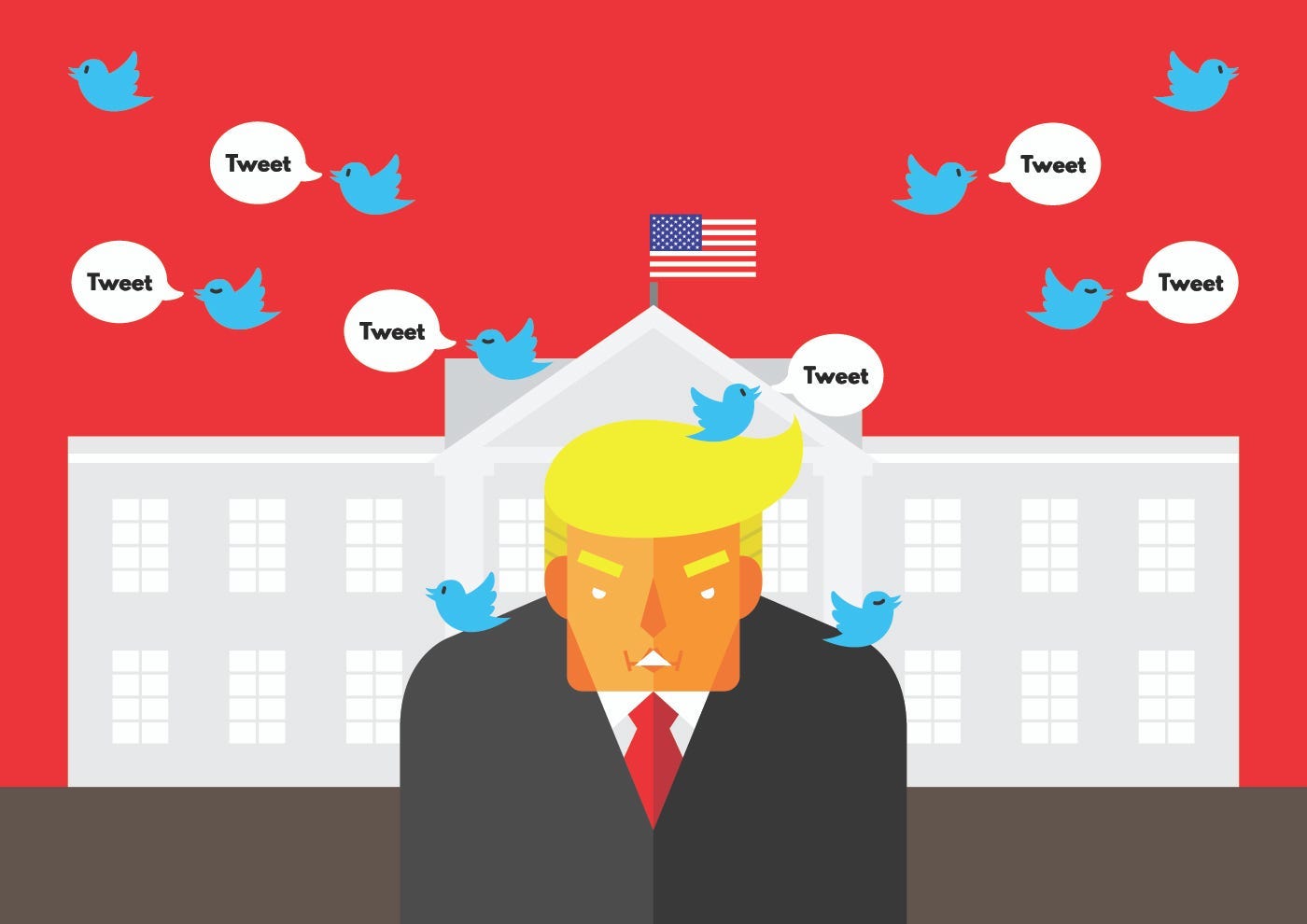In recent years, populism has become dominant in global politics, influencing elections, reshaping political landscapes, and altering governance dynamics. From the United States to Brazil, Hungary to the Philippines, populist leaders, and movements have gained significant traction, often challenging traditional political elites and institutions. But what has driven this global shift toward populism, and what are its potential consequences for democracy, governance, and international relations?
Understanding Populism
Populism is a political approach that contrasts “the common people” against “the elite” or “establishment.” Populist leaders often present themselves as champions of ordinary people, claiming to represent the valid will of the people against a corrupt or out-of-touch elite. Populism can manifest on both the left and right sides of the political spectrum, although it has frequently been associated with right-wing ideologies in recent years. It is marked by anti-establishment rhetoric, skepticism toward traditional political institutions, and an emphasis on national sovereignty.
Populist leaders, such as Donald Trump in the U.S., Jair Bolsonaro in Brazil, and Viktor Orbán in Hungary, have gained widespread support by positioning themselves as defenders of national identity and sovereignty, often appealing to fears about immigration, globalization, and economic inequality.
Causes of the Rise in Populism
The global shift toward populism can be attributed to various interconnected factors, many of which have deep historical, social, and economic roots.
- Economic Inequality: One of the most significant drivers of populism is the growing economic disparity within many countries. As globalization has advanced, wealth and opportunities have become concentrated in the hands of a small elite, while large portions of the population feel left behind. This economic discontent has created fertile ground for populist leaders who promise to restore fairness, protect jobs, and dismantle the power of global corporations.
- Cultural Backlash: In many Western countries, the rapid pace of cultural and demographic change has fueled a backlash. Issues such as immigration, multiculturalism, and shifting social norms have created a sense of unease among specific segments of the population. Populist movements often capitalize on these fears, portraying immigrants and cultural change as threats to national identity and social cohesion.
- Distrust in Political Institutions: Long-standing dissatisfaction with political elites and institutions has also contributed to the rise of populism. Scandals, perceived corruption, and the erosion of trust in traditional political parties have disillusioned many voters. Populist leaders often frame themselves as outsiders who can cut through the bureaucracy and restore power to the people.
- Social Media and Information Echo Chambers: The rise of social media has enabled populist leaders to bypass traditional media and directly communicate with supporters. This has allowed for the rapid spread of populist messages, often amplified by misinformation and the creation of echo chambers where people are exposed only to views that reinforce their beliefs.
Consequences of Populism
While populism has garnered significant support, it also presents several challenges and risks domestically and internationally.
- Erosion of Democratic Norms: One of the primary concerns about populism is its potential to undermine democratic institutions and norms. Populist leaders often challenge the independence of the judiciary, the media, and other democratic checks and balances. In some cases, populist governments have moved toward authoritarianism, curtailing civil liberties and limiting political opposition to protect the “will of the people.”
- Polarization and Division: Populism tends to deepen political and social divisions. By framing politics as a battle between “us” (the people) and “them” (the elite or outsiders), populist movements often exacerbate polarization. This can lead to increased political instability and even violence as people become more entrenched in their opposing views.
- Impact on Global Cooperation: Populism often emphasizes nationalism and protectionism, undermining global cooperation. In international trade, populist leaders may advocate for tariffs, trade wars, and the erosion of multinational agreements. This could lead to economic fragmentation and a decline in international cooperation on critical issues such as climate change, security, and public health.
- Short-Term Gains, Long-Term Challenges: While populist leaders may achieve short-term political victories by appealing to popular discontent, their policies may not consistently deliver lasting benefits. For instance, economic protectionism or anti-immigration measures can negatively affect economic growth, social cohesion, and international relations.
Conclusion
The rise of populism is a complex phenomenon with deep roots in economic, cultural, and political changes. While populist movements reflect genuine grievances, such as economic inequality and cultural anxiety, they pose significant challenges to democratic governance, social cohesion, and global stability. As populism continues to shape political discourse worldwide, it is essential to understand its causes and consequences to navigate the evolving political landscape and safeguard democratic institutions.




